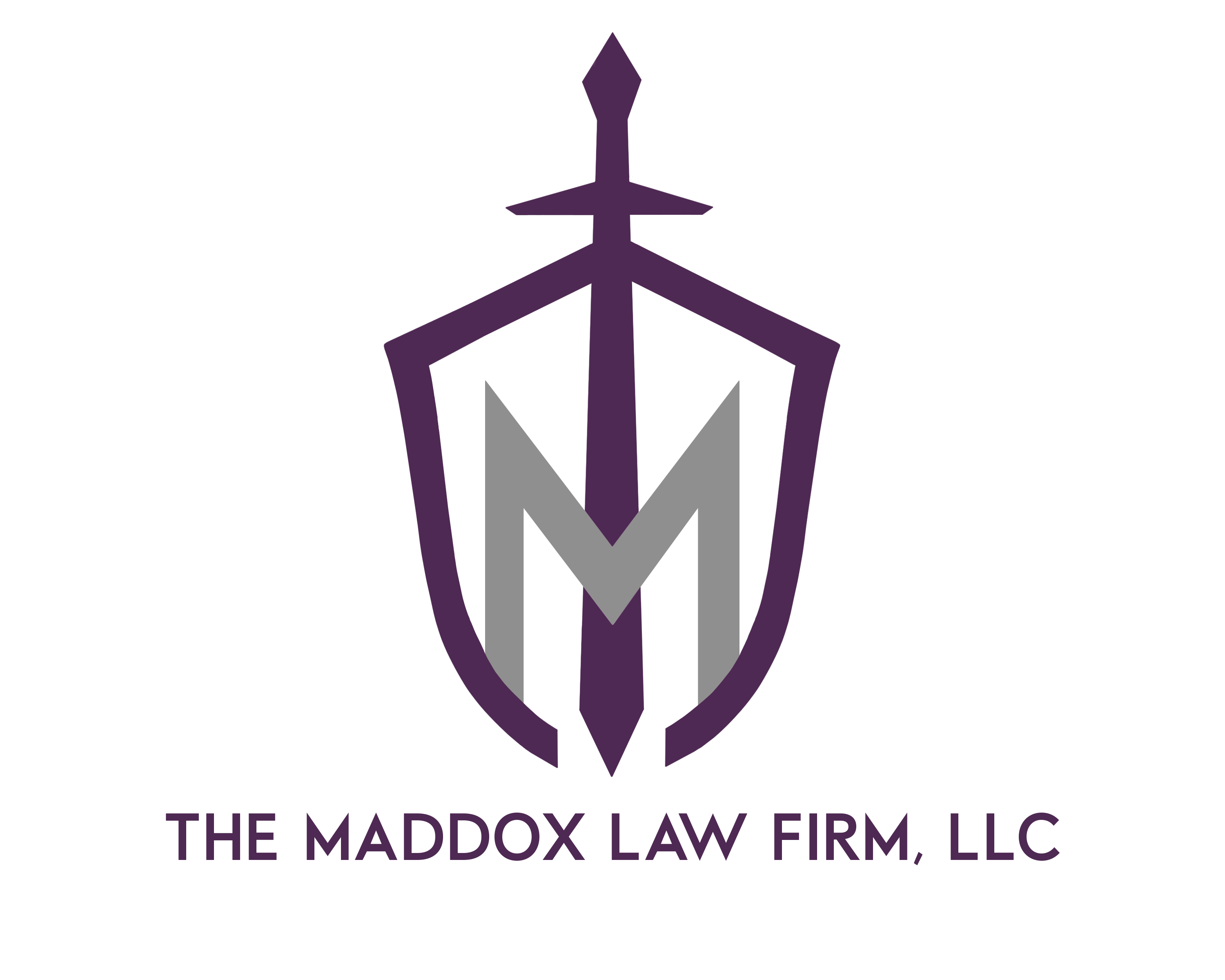Larceny & Financial Crimes
Defense Against Larceny And Other Financial Crimes Charges Requires Analysis And Strategy
Society has been conditioned to assume that anyone accused of wrongdoing is guilty, which is the first step toward becoming part of a “cancel culture.” The furor usually begins with a single tweet, Instagram, or Facebook post, and then it spreads like wildfire until an individual has lost their livelihood and reputation. Few people seem to concern themselves with whether allegations are truthful or just.
Connecticut larceny and fraud charges can be troubling for businesses, professionals, and individuals alike. There is often no easy way to explain complex financial transactions and discrepancies.
If you’ve been charged or are under investigation, it is imperative that you secure a criminal defense team that knows how to identify all potential evidence and arguments, a team that enlists the expertise of forensic accountants when necessary. You can find the help you’re looking for at The Maddox Law Firm, LLC Our attorneys have over 70 years of combined legal experience defending clients against a range of financial crimes, including violation of any of the Connecticut larceny statutes from the first degree to the sixth degree.
We Work To Simplify Complex Legal Issues, For You And For Jurors
Larceny statutes in the state of Connecticut can be confusing. In fact, they are downright tricky. Connecticut’s larceny statutes call for very serious penalties. For example, if you are convicted of larceny in the first degree, Connecticut law permits a jail term of up to 20 years. Larceny in the second degree is punishable by up to 10 years in prison.
The testimony of your accountant or bookkeeper and your financial records, bills, and receipts are frequently considered in a Connecticut larceny or financial crime case. Your defense requires a thorough examination of all such records. Do not partner with just any criminal defense lawyer. Attorneys who do not have a thorough knowledge of this field can end up just throwing darts at the board in hopes that one of them will hit the target. Instead, you need an accomplished legal team who has defended and knows how to win these cases. If the case against you includes evidence from an accountant or investigator, your attorney must know how to verify the accuracy of these records and document your side of the story.
Contact Us Today To Discuss Your Rights And Legal Options
Don’t wait to seek the experienced, aggressive legal help you need. Contact The Maddox Law Firm today to schedule your initial consultation. You can reach out online or call (203) 822-6610.
Hablamos español. Nous parlons français.
FAQ












